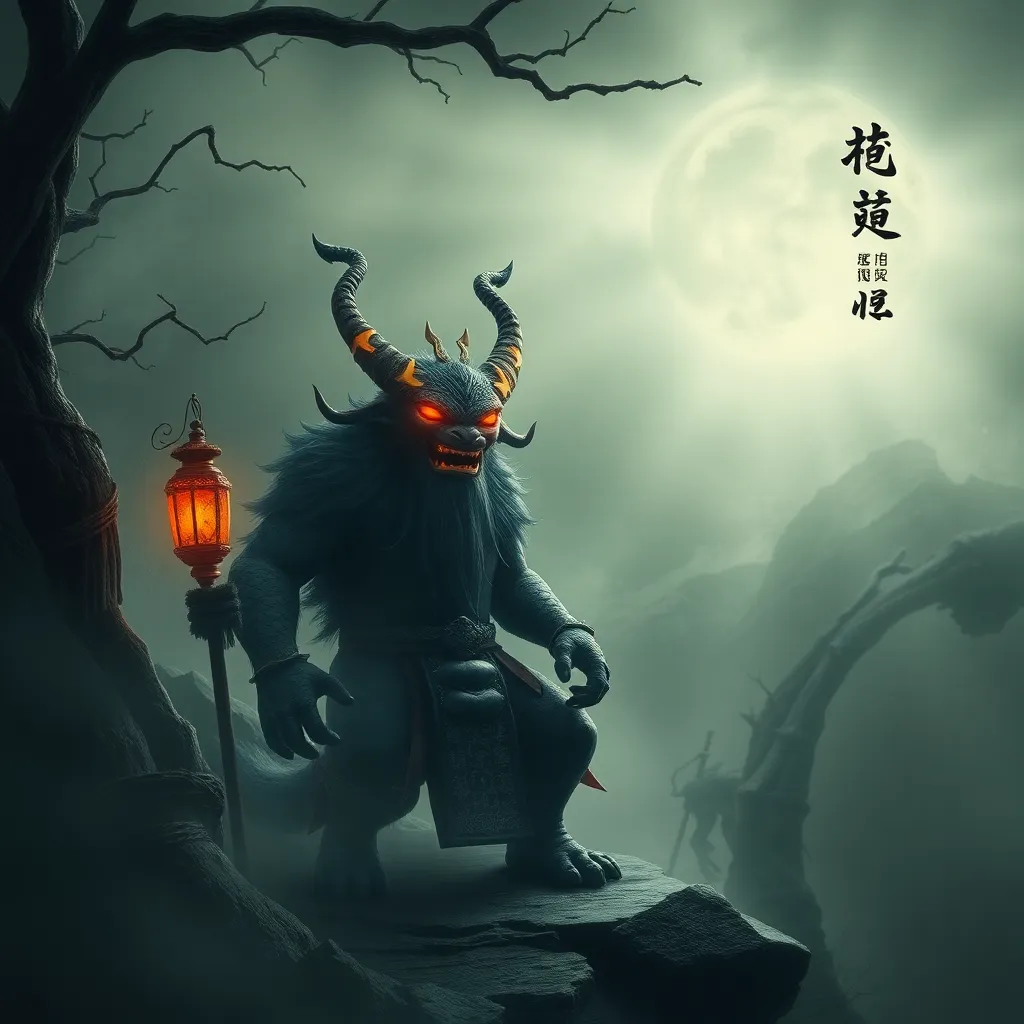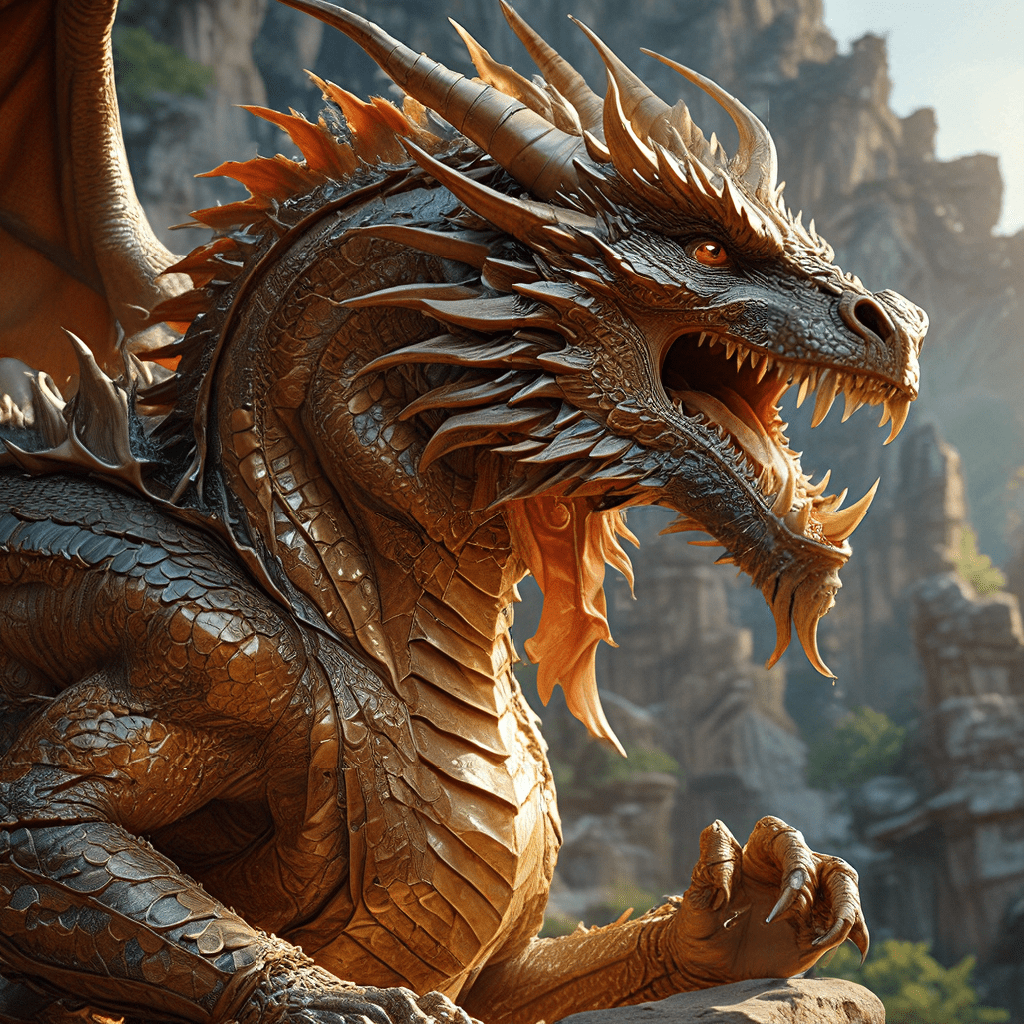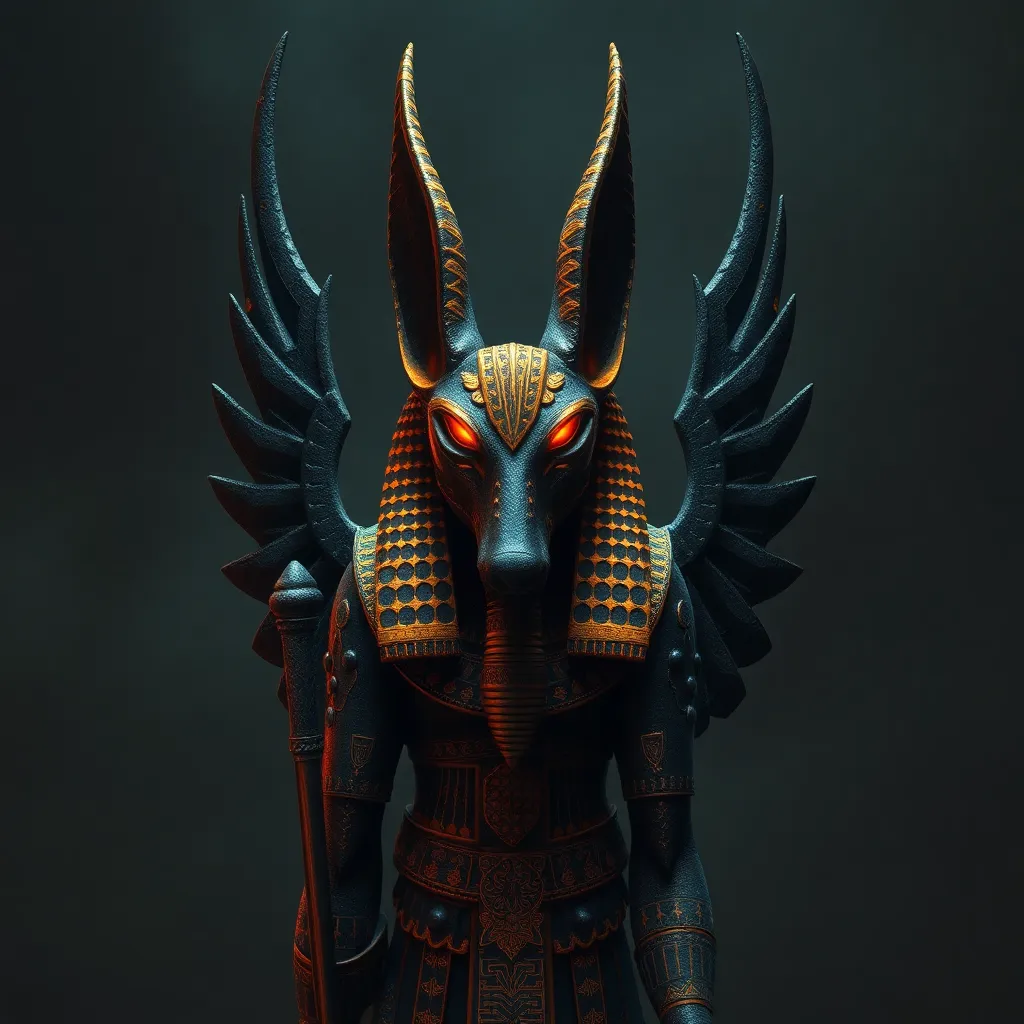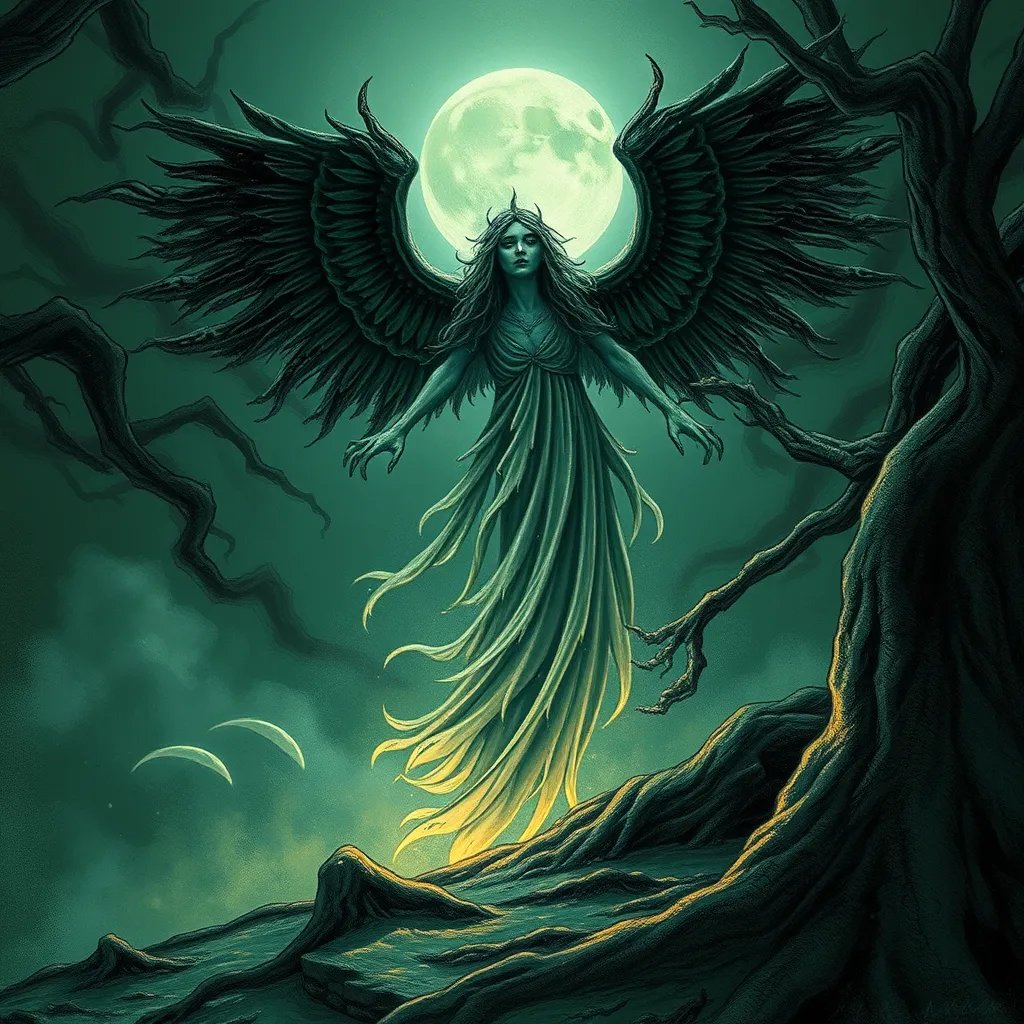The Oni’s Wisdom: Learning from the Oni in Chinese Philosophy and Moral Tales
I. Introduction
In the realm of Chinese culture and philosophy, the concept of the Oni carries profound significance. Traditionally depicted as malevolent spirits or demons, Oni have evolved in their representation, embodying a complex interplay of light and dark, virtue and vice. This article aims to delve into the multifaceted nature of the Oni, exploring its philosophical implications and moral teachings found in ancient tales. By understanding the Oni, we can glean valuable lessons that resonate even today.
II. Historical Background of the Oni in Chinese Culture
The origins of the Oni can be traced back to ancient folklore, where they were often depicted as harbingers of chaos or misfortune. Over time, the representation of Oni has transformed, reflecting broader cultural shifts and philosophical inquiries.
A. Origins and evolution of the Oni figure
The Oni’s roots can be found in early Chinese mythology, where they were often associated with natural disasters and human suffering. As society evolved, so too did the Oni, adapting to the moral and ethical values of different eras.
B. Cultural significance and representations in folklore
Folklore is replete with tales of Oni, often portraying them as tricksters or adversaries that challenge protagonists. These stories serve as cautionary tales, illustrating the consequences of hubris, greed, and betrayal.
C. Comparison with similar figures in other cultures
Similar to the Oni in Chinese culture, figures like the Japanese Oni or the Greek Satyr embody duality and complexity. These comparisons highlight a universal theme in human storytelling: the struggle between good and evil.
III. Philosophical Interpretations of the Oni
The Oni serves as a powerful symbol within philosophical discourse, representing the inherent duality of human nature.
A. The Oni as a symbol of duality in human nature
In many tales, the Oni embodies both destructive and protective qualities, prompting reflections on the duality that exists within all individuals. This duality invites us to confront our own inner demons and virtues.
B. Lessons on virtue and vice through the Oni’s actions
The actions of the Oni often illustrate the consequences of moral choices. Through their misdeeds or redemptive arcs, they serve as a reminder that our choices shape our destinies.
C. The Oni’s role in illustrating moral dilemmas
Many stories featuring the Oni present characters with moral dilemmas, forcing them to choose between self-interest and the greater good. These dilemmas encourage readers to reflect on their own ethical beliefs.
IV. The Oni in Chinese Moral Tales
Chinese moral tales often feature the Oni as a central character, providing rich narratives that convey profound lessons.
A. Analysis of popular tales featuring the Oni
Popular tales, such as “The Tale of the Oni’s Redemption,” illustrate the transformative power of compassion and understanding. In these narratives, the Oni often undergoes significant character development, leading to redemption.
B. Themes of redemption, punishment, and wisdom
Common themes include:
- Redemption through acts of kindness
- Consequences of immoral actions
- Wisdom gained through suffering
C. Moral lessons derived from these stories
These tales emphasize the importance of empathy, forgiveness, and the recognition that everyone possesses the capacity for both good and evil.
V. The Oni as a Teacher of Life Lessons
The Oni, in its various portrayals, offers a wealth of life lessons, particularly regarding personal growth and self-acceptance.
A. Key virtues and values imparted by the Oni
Among the virtues highlighted through the Oni’s stories are:
- Resilience in the face of adversity
- The importance of humility
- Embracing one’s flaws as part of the human experience
B. The role of hardship and struggle in personal growth
The challenges faced by characters confronting the Oni often mirror our own struggles. These narratives teach us that hardship is not merely a source of suffering but also a catalyst for growth and self-discovery.
C. The importance of embracing one’s flaws and strengths
By acknowledging both our strengths and weaknesses, we can achieve a more balanced perspective on life, much like the lessons imparted by the Oni.
VI. Contemporary Relevance of the Oni’s Wisdom
In today’s fast-paced world, the lessons derived from the Oni continue to resonate, offering guidance in navigating moral complexities.
A. Application of Oni lessons in modern life
Individuals can apply the wisdom of the Oni by:
- Practicing empathy and understanding in interpersonal relationships
- Confronting personal challenges with resilience
- Seeking redemption and growth through positive actions
B. The Oni’s influence on contemporary Chinese literature and media
Modern literature and media often revisit the figure of the Oni, reinterpreting its qualities to reflect current societal issues, thereby keeping the ancient wisdom alive.
C. The Oni’s message in the context of global moral challenges
In an increasingly interconnected world, the Oni’s message about the duality of human nature serves as a reminder that understanding and compassion are crucial in addressing global moral challenges.
VII. Critiques and Misinterpretations of the Oni
Despite the rich legacy of the Oni, it is often subject to misinterpretation in popular culture.
A. Common misconceptions about the Oni in popular culture
Many portrayals reduce the Oni to mere villains, overlooking the complexity and moral lessons inherent in its character.
B. Critical perspectives on the portrayal of the Oni
Scholars argue that such portrayals can lead to a misunderstanding of the cultural significance of the Oni, distorting its role as a teacher of wisdom.
C. Addressing the complexity of the Oni’s character
Recognizing the Oni’s multifaceted nature allows for a deeper appreciation of its role in moral and philosophical discourse.
VIII. Conclusion
The Oni, with its rich historical and cultural significance, offers a treasure trove of wisdom that is relevant across time and space. By embracing the lessons of duality, redemption, and personal growth illustrated by the Oni, we can cultivate a more empathetic and reflective worldview. The enduring legacy of the Oni in philosophy and moral teachings encourages us to explore these lessons and integrate them into our lives, ultimately enriching our understanding of ourselves and the world around us.



